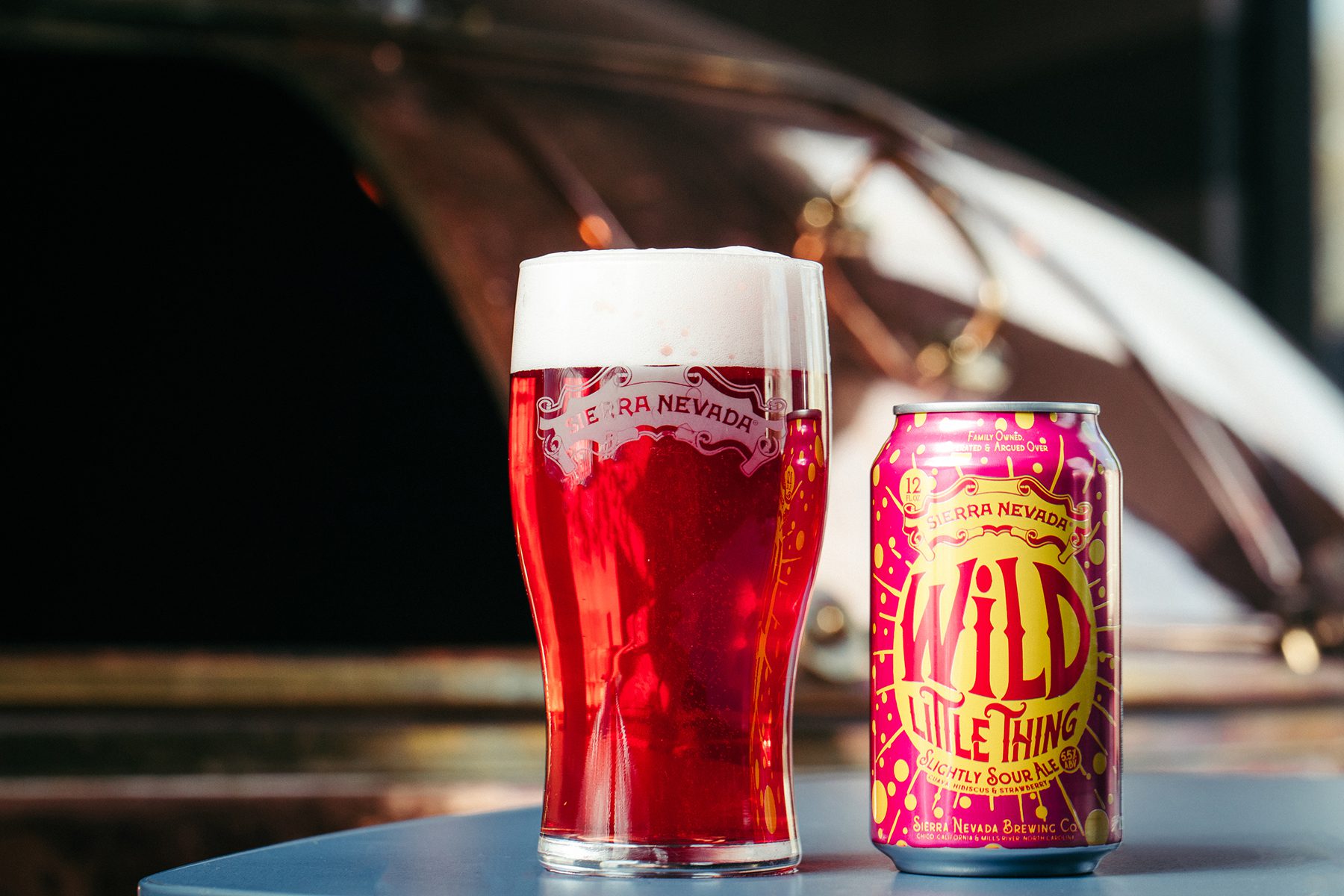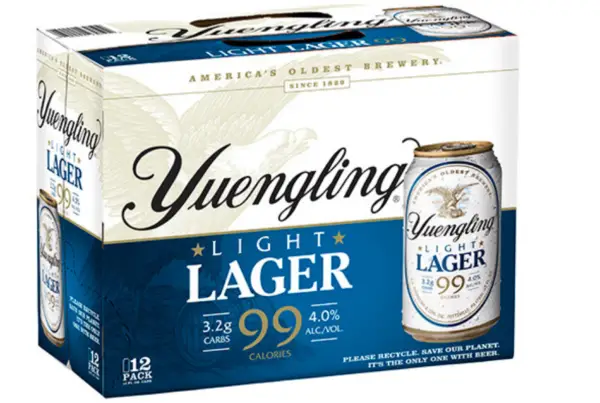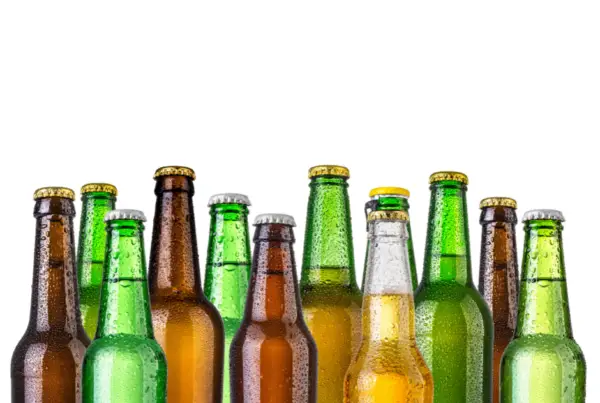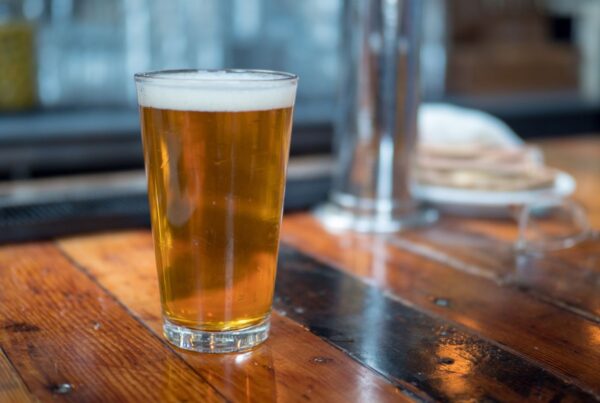What Makes Sour Beers So Sour?
Ever wondered what gives sour beer its unique tangy flavor? No, it’s not because brewers are tossing bushels of sour patch kids into the mix—though there probably is a small brewery in Brooklyn doing exactly that as you read this.
Many are fascinated by the sharp, sometimes fruity, oddly-refreshing taste of sour beers. If you’re one of them—or if you’re just curious to learn what makes that sip of sour beer so unlike any other beer—read on.
Sour Beers: Complexity Through Microbiology
The Basics: Yeast, Bacteria, and Acidity
When it comes to beers, the secret sauce—er, secret sour—is a blend of wild yeasts and friendly bacteria. Sounds delicious, right?
Unlike traditional beers that use a particular type of yeast known as Saccharomyces, sour beers employ wild yeast strains—chiefly Brettanomyces—and certain bacteria like Lactobacillus.
It’s microorganisms like these that give sour beer its trademark tangy flavor, though the specific brewing process and additional ingredients can also influence its taste profile. Lactobacillus, for instance, produces lactic acid during fermentation, adding that lip-puckering sourness that can only come from a sour beer.
A (Very) Brief History of Sour Beer Brewing
The practice of brewing sour beers dates back centuries, especially in regions like Belgium where spontaneous fermentation is a bit more common. This method of fermentation exposes the beer to natural elements, letting wild yeast and bacteria from the environment do their work. While a little risky, this approach often results in unique flavors that modern brewing methods struggle to replicate.
Sour beers come in various styles, each with their own unique flavor profiles. In the next section, we’ll look at a couple of notable examples:
Sour Beers Around the World
Berliner Weisse
Berliner Weisse, a traditional German beer style (a German wheat beer to be exact), gains its tartness through a process known as kettle souring. The beer is fermented with Lactobacillus before boiling, giving it a light, crisp character and a hint of lemon-like acidity.
American Wild Ales
Then there are American Wild Ales, brewed with a mix of Brettanomyces yeast and other strains. They often exhibit fruity or wine-like flavors due to various compounds created during fermentation, such as acetic acid.
Are Lambic Beers Sour?
Yep, Belgian Lambics are generally considered sour beers. They’re brewed through spontaneous fermentation, producing a tart (or sour) quality. Fruit Lambics like Kriek (cherry) or Framboise (raspberry) can have even more tartness, as well as some sweetness to balance things out. So, if you’re up for a sour beer with some pronounced fruit flavors, Lambics might just be your cup of—well, beer.
Are Gose Beers Sour?
Ever tried a Gose beer? If so, you might notice some similarities between it and sour beers, like the tart finish. But while Gose beers are sour, not all sour beers are Gose.
Confused? I don’t blame you. Let’s break it down.
Goses often include sea salt and coriander seeds, providing a unique “saline” quality. Unlike other sours, Gose beers don’t focus as much on the depth achieved through aging, but offer a distinct, salty “kick” as well as herbal notes.
Sour Beer Brewing Techniques
Brewing sour beer isn’t for the faint of patience—aging is central to the process. Depending on the desired flavors, brewers may use different kinds of vessels for aging:
- Oak barrels, often used in winemaking, can contribute subtle flavors of vanilla and tannins to the beer through the interaction between the beer and the wood.
- Stainless steel tanks allow brewers to more precisely control the rate of fermentation, which in turn impacts the development of flavors in the beer.
Now, if you’re going to make your own beer at home and you want to experiment with brewing sour beer, you might start with a glass carboy. These are commonly used by homebrewers and/or for small-scale brewing experiments.
Glass is non-reactive, meaning it won’t add or subtract anything from the beer flavor-wise. This makes glass carboys ideal for isolating and understanding the effects of time and fermentation alone.
Note: Just be careful—they’re more fragile than you might think!
Final Thoughts
Sour beers offer a unique and complex flavor profile, thanks to the spontaneous fermentation, wild yeast, and bacteria involved in their brewing process. Whether you’re looking for something light and crisp or you’re the type to relish the rich complexity of a carefully aged brew, there’s probably a sour beer out there that’ll have you saying, “Ah, so that’s what all the fuss is about.”
Ready to dive deeper into the world of beer? Join us at Hops Hunters to explore everything from beer profiles and brewing tips to beer reviews from around the country—and find out what’s on tap in the beer community.






